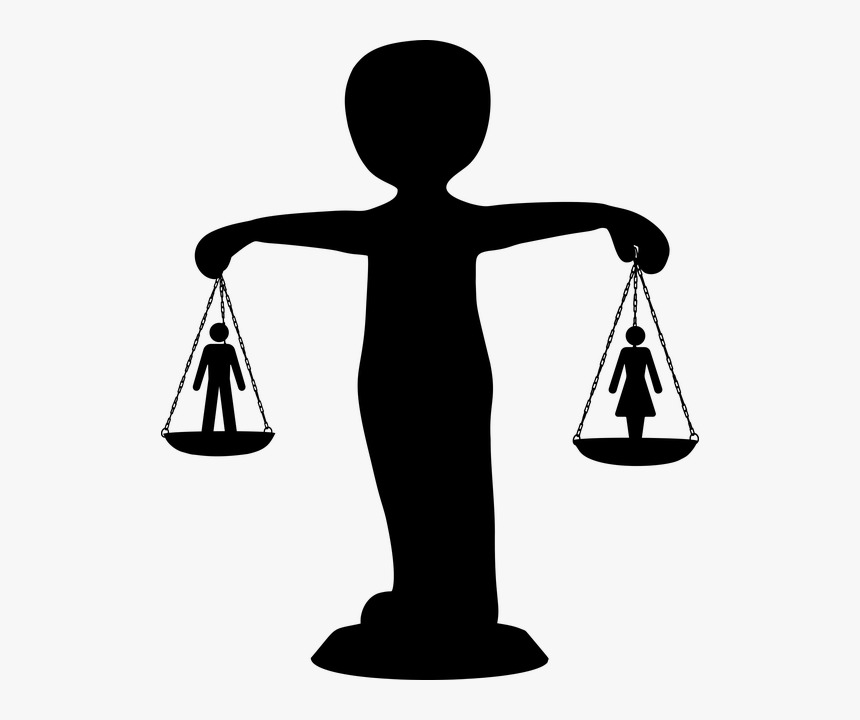Education
Universal Declaration of Human Rights
by Author
-
Friday, August 12, 2022
153 Views
Taking into account that opportunity, equity and harmony on the planet depend on the acknowledgment of the inherent respect and the equivalent and unavoidable privileges of all individuals from the human rights family;
Taking into account that the dismissal and scorn for basic liberties have led to demonstrations of brutality that are over the top to the still, small voice of mankind, and that the coming of a world wherein individuals, freed from dread and wretchedness, appreciate the right to speak freely of discourse and opportunity of conviction;
Thinking of it as fundamental those basic freedoms be safeguarded by a law and order, so that man isn’t constrained to the preeminent hotel of insubordination to oppression and mistreatment;
Taking into account likewise fundamental to advance the improvement of well disposed relations among countries;
Though the people groups of the United Nations have reaffirmed in the Charter their confidence in major basic liberties, in the nobility and worth of the human individual and in the equivalent privileges of people, and have made plans to advance social advancement and increasing the expectation of living inside a more extensive idea of opportunity;
Considering that the member states have committed to ensuring, in cooperation with the United Nations, universal and effective respect for the fundamental rights and freedoms of man, and
Considering that a common conception of these rights and freedoms is of the utmost importance for the full fulfillment of said commitment;
Now therefore
The general assembly, Proclaims this Universal Declaration of Human Rights as the common ideal for which all peoples and nations shouldstrive, so that both individuals and institutions, constantly inspired by it, promote, through teaching and education, respect to these rights and freedoms, and ensure, through progressive national and international measures, their universal and effective recognition and application, both among the peoples of the Member States and among those of the territories under their jurisdiction.
Article 1
All people are conceived free and rise to in nobility and privileges and, enriched as they are with reason and soul, they should act closely towards each other.
Article 2
Everybody is qualified for every one of the privileges and opportunities set out in this Declaration, without differentiation of any sort as to race, variety, sex, language, religion, political or other assessment, public or social beginning, property, birth or some other condition. In addition, no distinction shall be made based on the political, legal or international status of the country or territory on whose jurisdiction a person depends, whether it is an independent country, a territory under trusteeship, non-self-governing or subject to any another limitation of sovereignty.
Article 3
Every individual has the right to life, liberty and the security of his person.
Article 4
No one shall be subjected to slavery or servitude, slavery and the slave trade are prohibited in all their forms.
Article 5
No one shall be subjected to torture or cruel, inhuman or degrading treatment or punishment.
Article 6
Every human being has the right, everywhere, to recognition of his legal personality.
Article 7
Everyone is equal before the law and has, without distinction, the right to equal protection of the law. Everyone is entitled to equal protection against any discrimination in violation of this Declaration and against any incitement to such discrimination.
Article 8
Every person has the right to an effective remedy before the competent national courts, which protects them against acts that violate their fundamental rights recognized by the constitution or by law.
Article 9
No one may be arbitrarily detained, imprisoned or exiled.
Article 10
Each individual has the right, in states of full uniformity, to be heard openly and reasonably by an autonomous and unbiased court, for the assurance of their freedoms and commitments or for the assessment of any allegation against them in criminal matters.
Article 11
1.Every person accused of a crime has the right to be presumed innocent until proven guilty, in accordance with the law and in a public trial in which all the necessary guarantees for his defense have been assured. 2. No one will be convicted for acts or omissions that were not criminal under national or international law at the time they were committed. Nor will a heavier penalty be imposed than the one applicable at the time the crime was committed.
Article 12
Nobody will be the object of erratic impedance with his confidential life, his family, his home or his correspondence, nor of assaults honest or notoriety. Everybody has the privilege to the insurance of the law against such obstruction or assaults.
Article 13
1.Every person has the right to move freely and to choose their residence in the territory of a State. 2. Every person has the right to leave any country, including his own, and to return to his country.
Article 14
1.In case of persecution, everyone has the right to seek asylum, and to enjoy it, in any country. 2. This right may not be invoked against a legal action actually originating from common crimes or from acts contrary to the purposes and principles of the United Nations.
Article 15
1.Every person has the right to a nationality. 2. No one shall be arbitrarily deprived of their nationality or the right to change their nationality.
Article 16
1.Men and women, from legal age, have the right, without any restriction for reasons of race, nationality or religion, to marry and found a family, and shall enjoy equal rights with regard to marriage, during the marriage and in case of dissolution of the marriage. 2. Only with the free and full consent of the future spouses may the marriage be contracted. 3. The family is the natural and fundamental unit of society and is entitled to protection by society and the State.
Article 17
1.Every person has the right to property, individually and collectively. 2. No one shall be arbitrarily deprived of his property.
Article 18
Each individual has the option to opportunity of thought, heart and religion; this right incorporates the opportunity to change his religion or conviction, as well as the opportunity to show his religion or conviction, separately and by and large, both openly and in private, through educating, practice, love and recognition.
Article 19
Each individual has the option to opportunity of assessment and articulation; this right incorporates the right not to be irritated as a result of their perspectives, to examine and get data and sentiments, and to spread them, without limit of boundaries, using any and all means of articulation.
Article 20
1.Everyone has the right to freedom of peaceful assembly and association. 2. No one may be forced to belong to an association.
.






